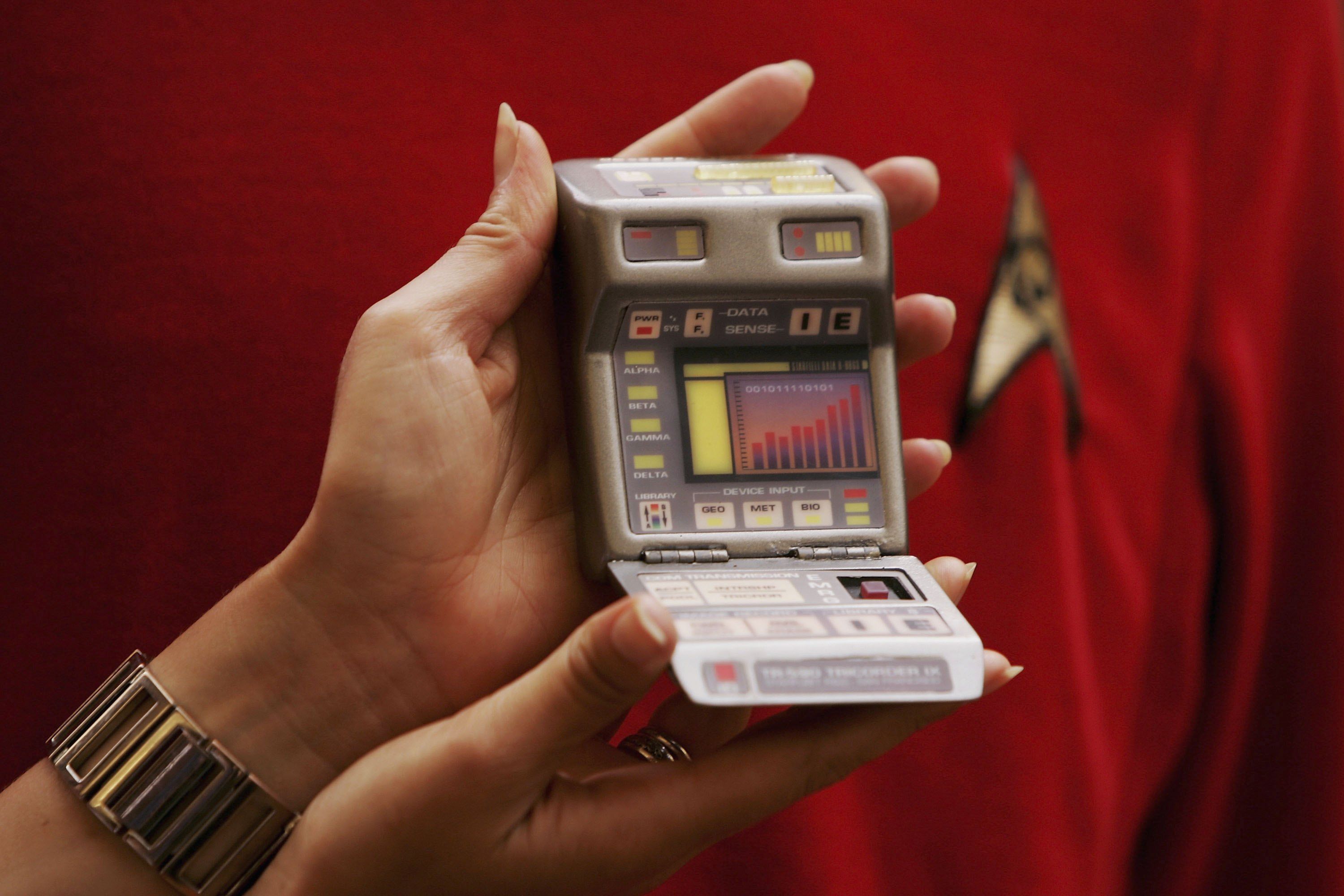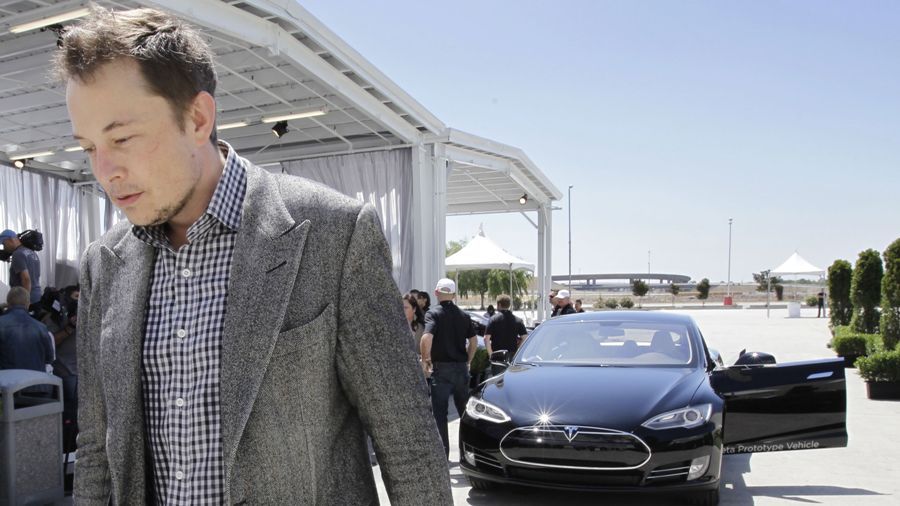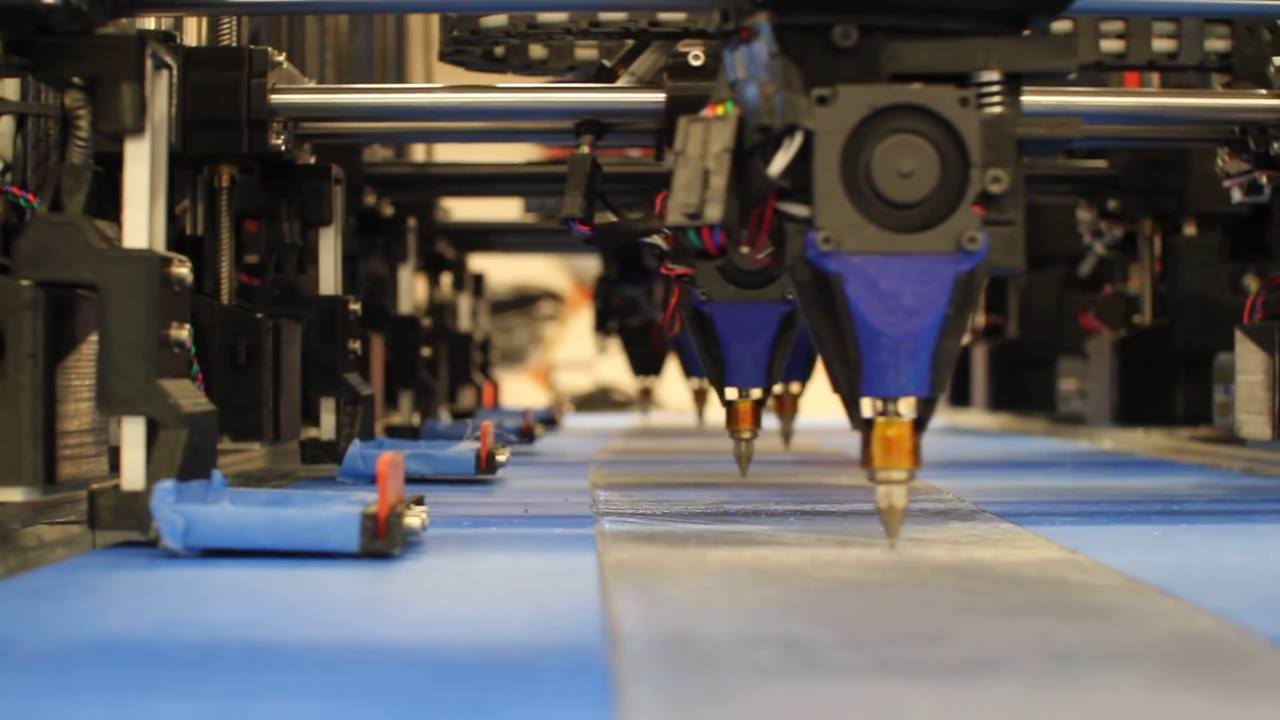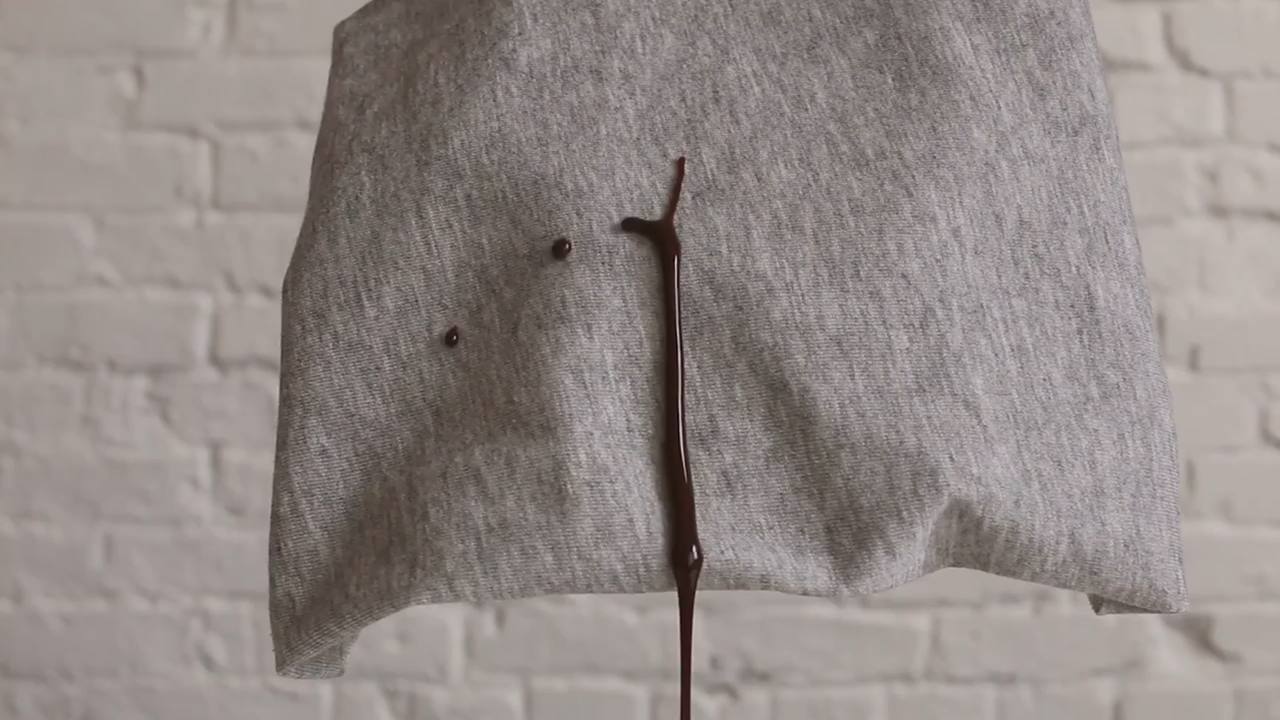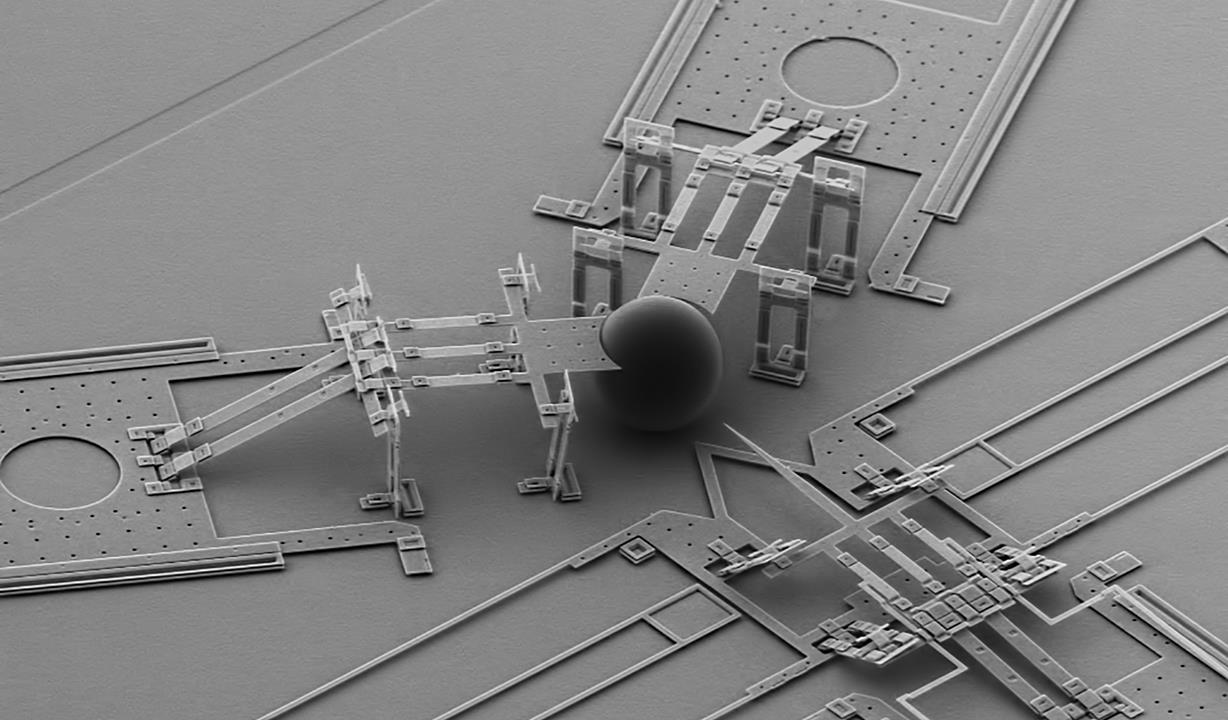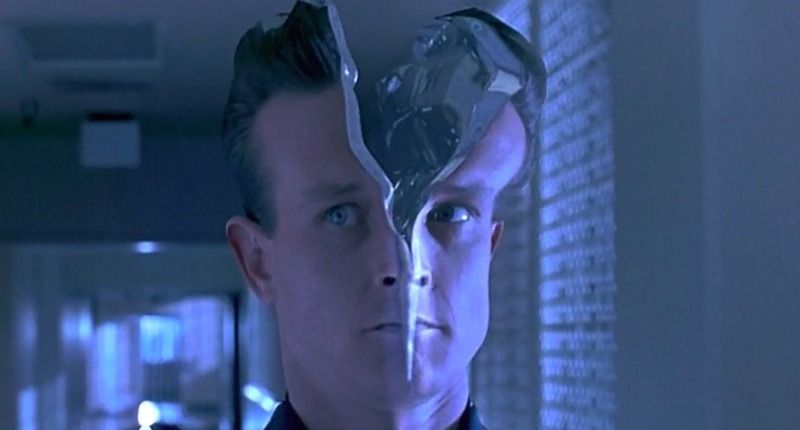Page 11454
Jun 6, 2016
Elon Musk: We Are Less Than Two Years From Complete Car Autonomy
Posted by Shailesh Prasad in categories: Elon Musk, robotics/AI, sustainability, transportation
Elon Musk is known for his optimistic deadlines, but this one is very aggressive.
The Tesla CEO spoke at the Code Conference on Wednesday night and predicted that we’re closer to self-driving cars than anybody thinks. “I think we are less than two years away from complete autonomy, safer than humans, but regulations should take at least another year,” Musk said.
While many auto and tech companies—from Google to Uber and GM to Lyft and Apple to Ford—are researching and testing autonomous vehicles, the Tesla seems on the verge of announcing that its Model 3 consumer sedan will have full self-driving capabilities.
Continue reading “Elon Musk: We Are Less Than Two Years From Complete Car Autonomy” »
Jun 6, 2016
Project Escher — Parallel 3D Printing
Posted by Shailesh Prasad in category: 3D printing
Jun 6, 2016
These headphones have a hidden display that projects movies right into your eyes
Posted by Shailesh Prasad in category: entertainment
Jun 6, 2016
Historian: When Computers and Biology Converge, Organisms Become Algorithms
Posted by Shailesh Prasad in categories: biotech/medical, computing, economics, food, information science
On May 11, 2016, the Berggruen Philosophy and Culture Center invited Yuval Noah Harari, a professor of history at Hebrew University of Jerusalem and author of the international bestseller “Sapiens: A Brief History of Humankind,” to deliver a talk on “The New Inequalities” at Tsinghua University in Beijing. Prior to the talk, Harari was interviewed by BPPC director Daniel A. Bell. This is an edited transcript of the interview.
You argue in your book that material progress, for example in the agriculture revolution and industrial capitalism doesn’t necessarily contribute to human happiness. In fact, it may lead to the opposite. Can you elaborate on that?
Until the middle of the 19th century there was a complete lack of correlation between material progress and the well-being of individual humans. For thousands of years until about 1850 you see humans accumulating more and more power by the invention of new technologies and by new systems of organization in the economy and in politics, but you don’t see any real improvement in the well-being of the average person. If you are the emperor of China, then obviously you’re much better off. But if you’re an average Chinese peasant in 1850, it’s very, very hard to say that your life is any better than the life of hunter-gatherers in the Yangtze Valley 20,000 years ago. You work much harder than them, your diet is worse, you suffer far more from infectious diseases, and you suffer far more from social inequality and economic exploitation.
Continue reading “Historian: When Computers and Biology Converge, Organisms Become Algorithms” »
Jun 6, 2016
Terminator-style self-healing material patented
Posted by Klaus Baldauf in categories: materials, robotics/AI
By NASA.
The iconic scene in the movie Terminator where T-1000 robot heals itself of the bullet holes has now become a technological reality.
Jun 6, 2016
Living circuits can handle complex computing
Posted by Klaus Baldauf in categories: biotech/medical, computing, electronics
Gene-based circuits are about to get decidedly more sophisticated. MIT scientists have developed a method for integrating both analog and digital computing into those circuits, turning living cells into complex computers. The centerpiece is a threshold sensor whose gene expression flips DNA, converting analog chemical data into binary output — basically, complex data can trigger simple responses that match the language of regular computers.
The practical applications are huge. Along with general-purpose computing, you could have advanced sensors that trigger different kinds of chemical production depending on levels for other chemicals. You could produce insulin when there’s too much glucose, for instance, or deliver different kinds of cancer therapy. And this isn’t just talk. Clinical trials for a simple gene circuit (which will treat gut diseases) are starting within a year, so you could see these organic machines in action before too long.
